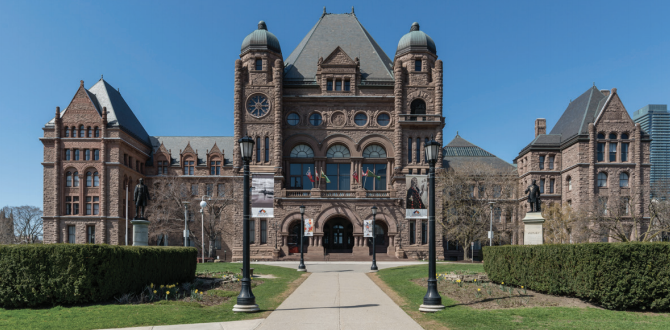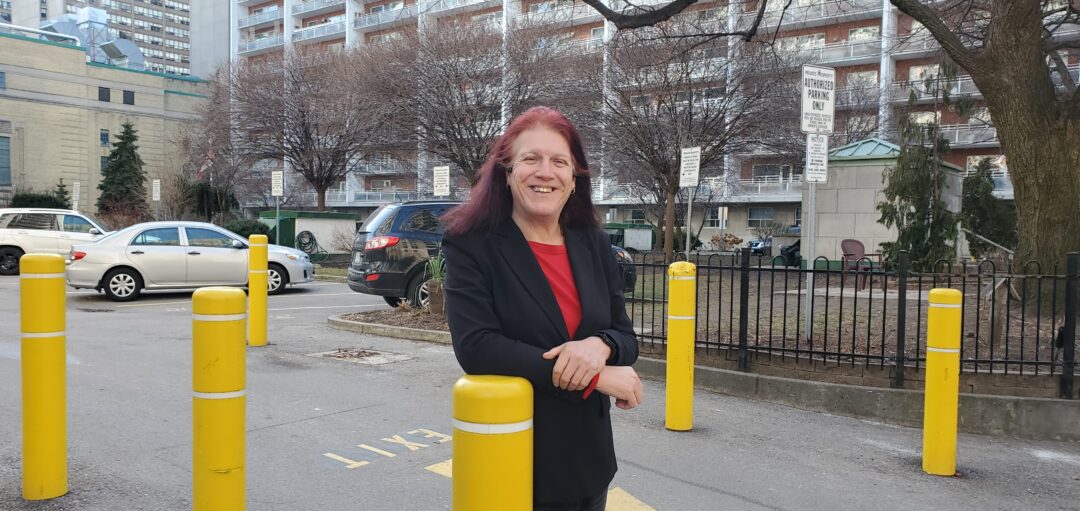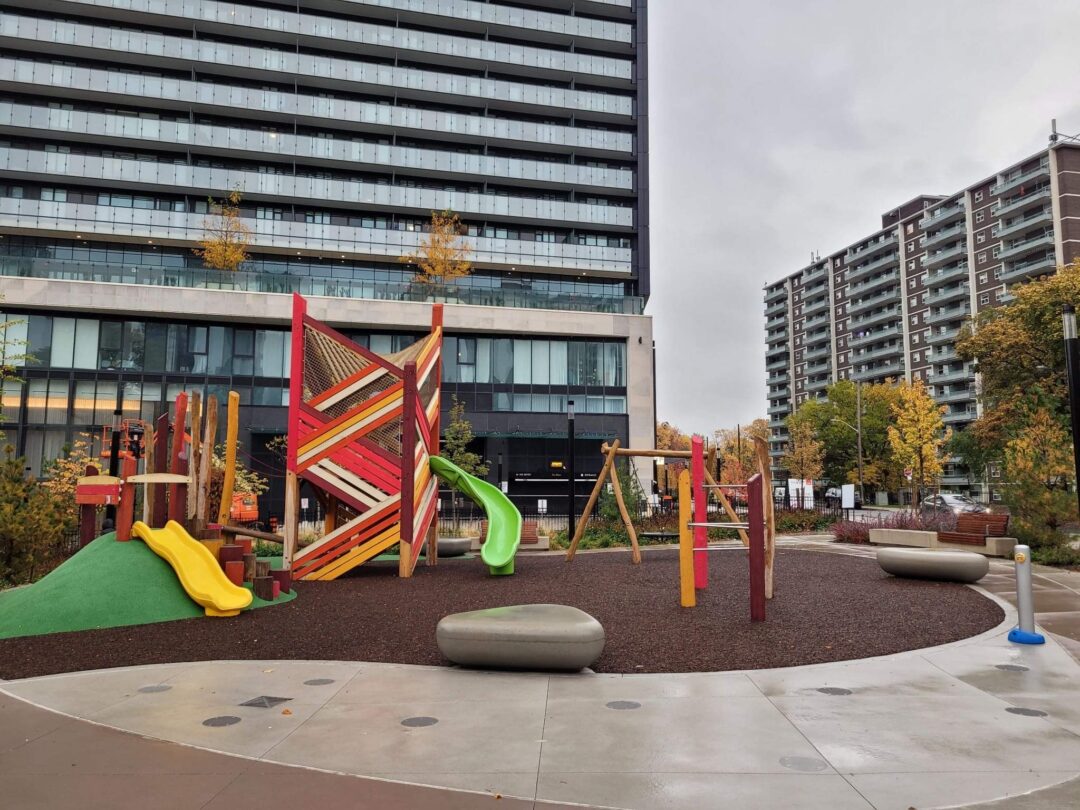Mick Brighton

Local government can be good only if higher governments wish it to be. By that I mean a fully funded political authority able to build local strategic partnerships that are non-hierarchical and require a facilitative leadership to develop a shared vision with the ability to deliver it.
If Ontario’s provincial government had such a vision, we might feel less governed and more in control of our city.
A community is a group of people living in the same place or having a characteristic in common. We all require elected people in power looking after their own community in a legal, decent, honest and truthful way.
Good local government comes down to the confidence of the electorate in their politicians to govern their area well and represent their interests fairly and justly. This is achieved in different ways with varying degrees of success depending on the model in use.
Toronto has an elected mayor who gathers an elite cohort of councillors who fit in with his/her view of how things should be done. But as we have seen, the provincial government can override the local democratic process and impose its will without any discussion or debate.
The big debate on localism: how can city councils and provincial governments develop collaborative governance, working in partnership with all community stakeholders so citizens are content? I suggest you ask Mr. Ford and his political party that question.
The province’s use of the phrase “affordable housing” to justify demolishing the Dominion Foundry buildings is propaganda; the issue is whether you support the policy. The Government does not want people to think about the issue – that’s the point of propaganda, in this case to create a slogan that nobody will be against and everybody will favour because nobody knows what it means. Its crucial value is to divert attention from questions that do mean something, ones we are not supposed to talk about. Why here? Why now? Will the development be public or private? How affordable will the housing be? And what is the wider plan for the area: schools, hospitals, green spaces and so on?
The public relations industry is employed to instill the right values in people: the values of the government. Political philosopher David Hume said, “If you can control people’s attitudes and beliefs and separate them from one another, then they won’t rise up and overthrow you.”
We have to look at the quality of our elected leaders: their agenda and motives, the people they surround themselves with, and their ethnic makeup, gender orientation and age profile. Do they have the capacity to understand and administer the organization that they have been elected to run?



